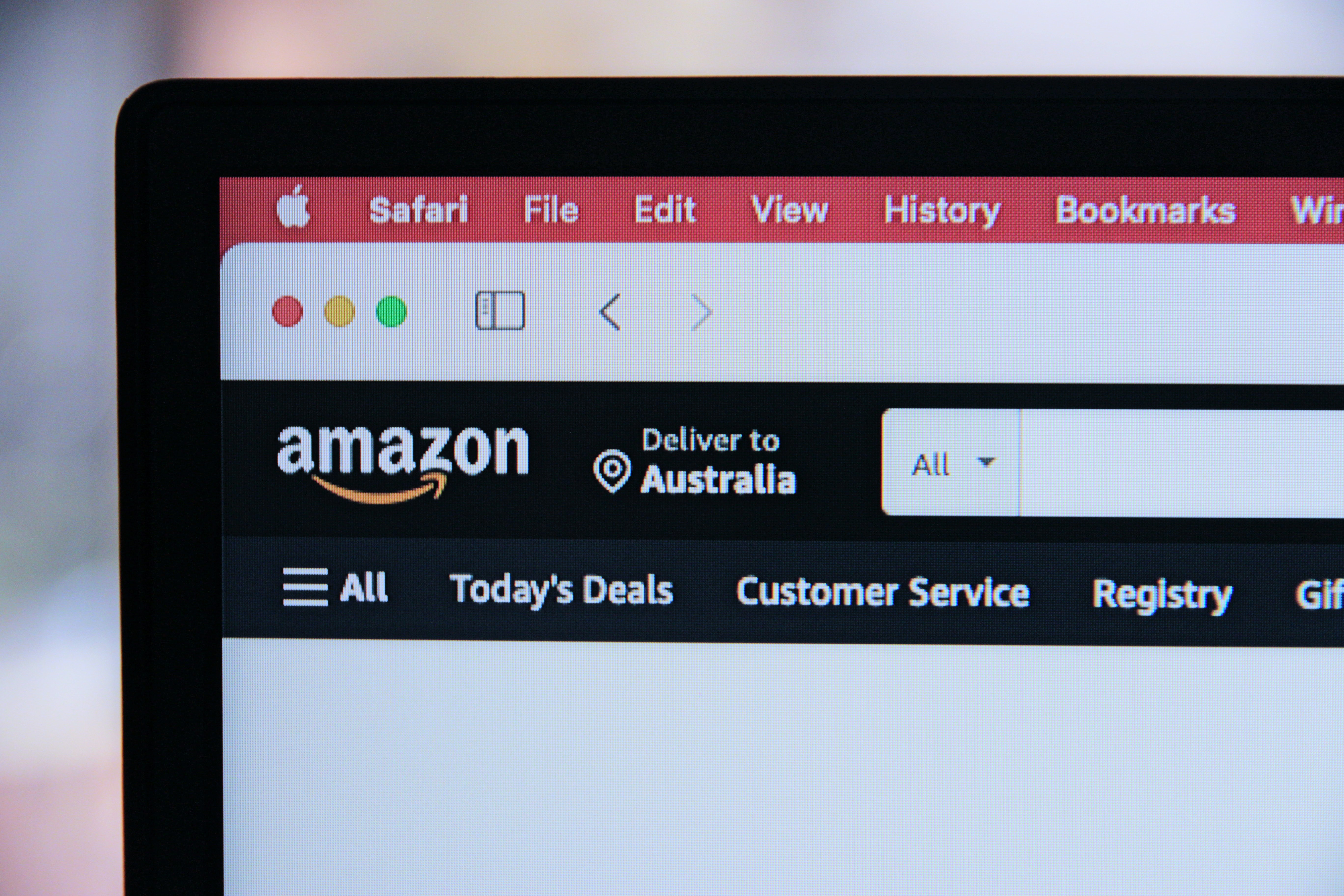Recent Posts
Archives
What small caps can take away from Amazon’s move to write emissions data into its supplier standards

And what to do about it.
As governments around the world roll out mandatory climate reporting legislation to support the world’s transition to a net zero emissions economy, it’s clear that large entities will need to begin emissions accounting some time over the next 12 months, if they aren’t already doing so.
The impact of mandatory reporting on smaller businesses, though, has not been so clear.
A new move by Amazon to update its Supply Chain Standards next year to require its suppliers to share their emissions data and set reduction goals gives us some clue of how the requirements imposed on larger companies could trickle down on smaller entities – and when.
In short, it appears smaller entities are going to be impacted much sooner than anticipated.
And what to do about it.
As governments around the world roll out mandatory climate reporting legislation to support the world’s transition to a net zero emissions economy, it’s clear that large entities will need to begin emissions accounting some time over the next 12 months, if they aren’t already doing so.
The impact of mandatory reporting on smaller businesses, though, has not been so clear.
A new move by Amazon to update its Supply Chain Standards next year to require its suppliers to share their emissions data and set reduction goals gives us some clue of how the requirements imposed on larger companies could trickle down on smaller entities – and when.
In short, it appears smaller entities are going to be impacted much sooner than anticipated.
Hang on, I hear you say, what is this all about?
Climate change has been recognised by world leaders as posing significant risk to the global financial system.
(In fact, the establishment of the Task-Force on Climate-Related Financial Disclosures was in response to the concerns of G20 Finance Ministers and Central Bank Governors about the impact climate change might have on the financial system).
The risks are categorised into two buckets – the physical risks associated with extreme weather events such as flood and cyclones, and the transition risks associated with the shift to a low carbon economy that the world is currently undertaking to limit global warming. To manage and measure these risks on a global scale, the collation of relevant data is being integrated into the financial system. This includes data on carbon and other greenhouse gas emissions.
Governments are legislating a requirement for companies to report climate-related data alongside their financial reports, to enable investors (and other players in the financial system) to consider the information as part of an entity’s risk-return profile.
These requirements are already in force in the UK and EU, and they’re set to be introduced in Australia and the US next year.
The so what for small caps
Micro caps, small caps, and SMEs might never be required to provide reports that comply with government legislation, however it’s likely they will at some stage be required to provide key data such as their emissions and low carbon economy transition risks.
The trickle down effect that mandatory reporting is likely to have on smaller entities is due to how scope 3 emissions are calculated. Scope 3 is a calculation of emissions produced in a supply chain; one company’s scope 3 emissions are another company’s scope 1 and 2 emissions. For most businesses of any size, their supply chain is where most of their emissions are derived. For large entities with regulatory responsibilities to reduce their emissions, once the hard work to lower emissions from buildings and fleet is complete, their supply chain is the only place left to drive further reductions in order to meet their targets.
In keeping with how Amazon is achieving its own reductions by effecting change throughout its supply chain, institutional investors that have pledged a net-zero commitment have indicated that the diversion of funds to ‘climate friendly’ assets forms part of their reduction strategies.
Further, it’s also only natural that, with more data available to quantify climate-related risks, investors will seek out companies that can produce the data to evidence a low risk-return profile.
The key takeaway – and what you can do about it
Although smaller entities seem to be exempt from mandatory emissions reporting (for now), the business world operates as a system, and the impact will trickle down in some way, as we’re seeing with Amazon and the requirements it will impose on its suppliers from next year.
Small entities can prepare by considering how they might measure their scope 1, 2 and 3 emissions data if called upon quickly to do so. It’s worth thinking about to operationalise the ongoing collation of this data, and the processes / costs involved.
We’re doing this sort of work with clients of IR Department now through our ESG practice. If you’d like help considering the impact that mandatory emissions reporting might have on your company and how to prepare, reach out by clicking here.
Photo by Marques Thomas on Unsplash







